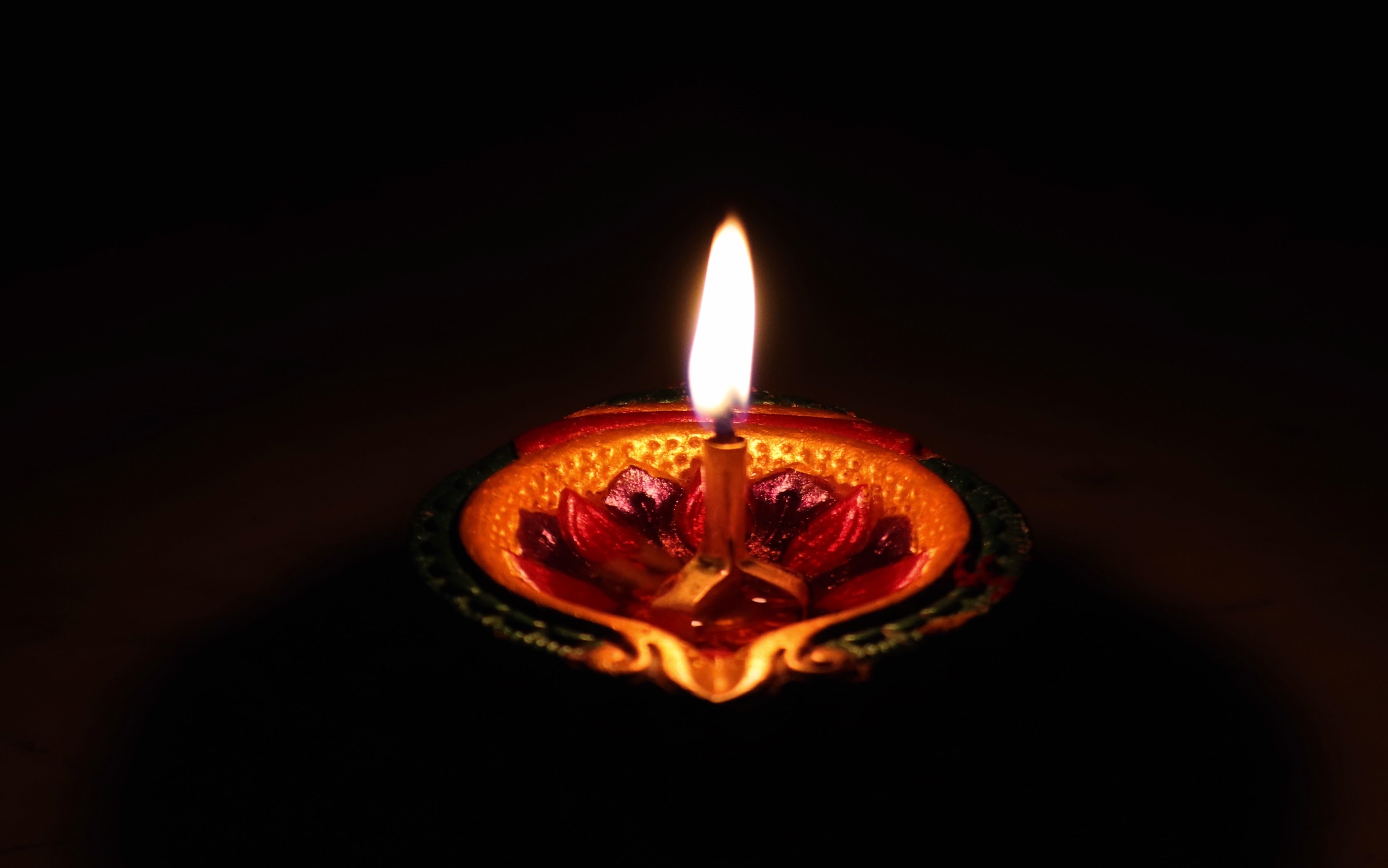Parul Chhaparia
There are two types of us. The ones who find peace with their faith and traditions during a crisis and the others who struggle with their faith when a crisis occurs. In the last two months, during the second wave of coronavirus in India, what I witnessed in my village was the extreme type one.
“Didi (sister) I would not come tomorrow,” said my babysitter. She was going for a special worship service along with hundreds of other women from her village to ward off the new devil – ‘Covid-19’. Honestly, I was not surprised. In the two months of my stay, this was not the first time I heard about or saw public gatherings of such scale in my village.
Even when the severe second wave of Covid-19 was at its peak, there were (continues to be) many wedding processions arriving at the temple in the neighborhood, seeking God’s blessings for the Groom’s new life. There were live DJs followed by hundreds of people, dancing and celebrating the upcoming days of the bride and groom, oblivious to the existence of a virus called ‘Corona’.
What looked like a total mockery of ‘Coronavirus rules and restrictions’ and ‘science’ to me, felt completely normal to the neighbours. One of them even told us that “We are not going to invite you to a wedding event, because you are too worried about Corona.” Even the priest at the temple told us that ‘no corona will enter the doors of the temple.”
Having been born and brought up in India, I am well versed with the religious and social systems here. However, this time, this whole spiritualisation of coronavirus felt incongruous and discomforting. What was more intriguing was to read about similar news, where people in other states of the country were also gathering to worship “Corona Mata (mother)” to put an end to the enormity of the pandemic. Even in my home state, Uttar Pradesh, there were many reports of Goddess Corona temples being built to keep the deadly virus at bay. In some places, the idol, Corona Mata, also wears the mask.
Spirituality, religious faith do play an important role in reducing illness as they bring hope and positivity. The second wave of Covid-19 was merciless in India. It had brought the danse macabre that would petrify many for their lifetime. The positive state of mind was much needed.
This was certainly not the first time that divine intervention has been sought to bring an end to pandemics. In 2012, there was a news report stating that in one of the states ‘Mosquito God’ was worshipped to ward off dengue. In the context of Covid-19, there are reports which suggest that the pandemic has strengthened religious faith.
However, how much is not much in a time when the only way to stay away from the virus is to avoid human contact, I wonder. How can praying to the deity in a temple provide respite when it defies the coronavirus guidelines completely?
“The issue is not that people are not cautious or worried here. The issue is that in the remote areas we have very little access to any medical care. Forget about the medical facilities, a majority of the population in these areas are dependent on daily earnings, they cannot afford to be quarantined. That is why turning to God becomes their last resort to keep going and staying safe,” my mother explained, in the most simple way.
It does make sense, I convince myself. But how far can we go with this? I still wonder.
Disclaimer: The views and thoughts expressed in the article belong solely to the author and are based on her personal experience during a recent visit to India. The text does not mean to hurt the sentiments of any religion, belief, individual, and community.
Read similar stories




